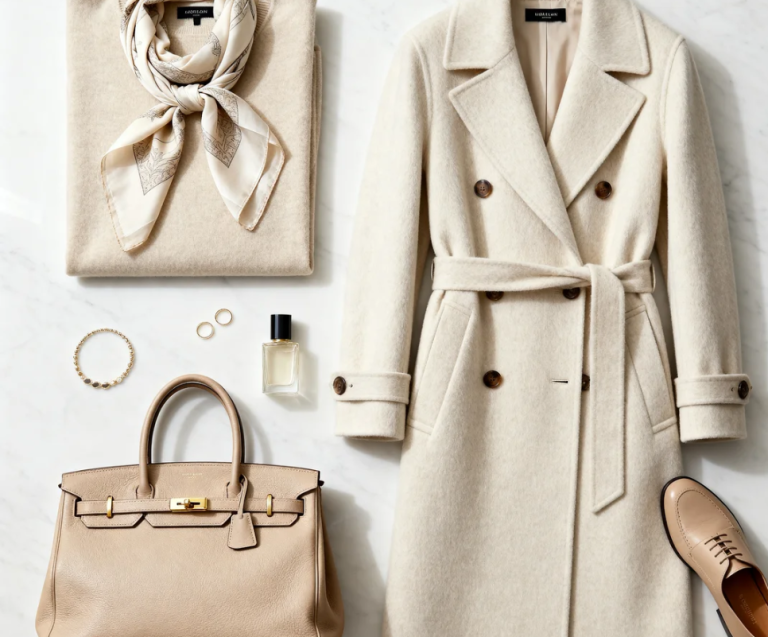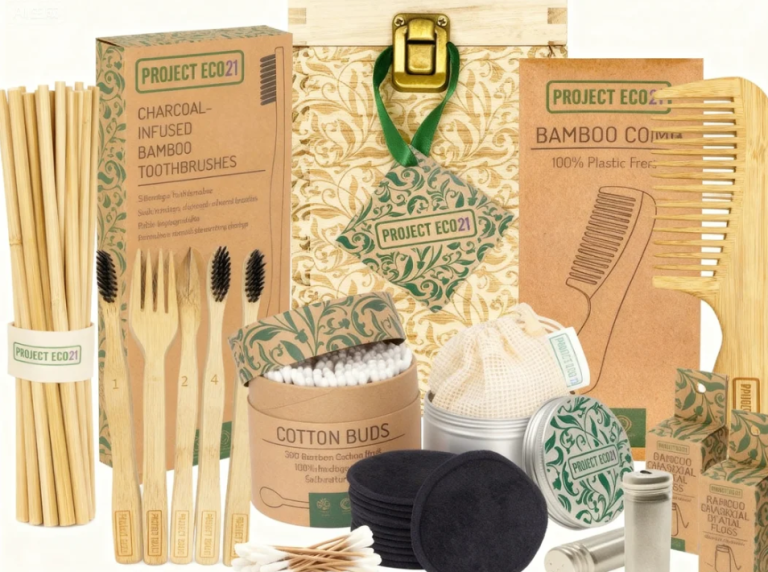
Sustainable fashion is no longer just a trend—it’s a necessity. Extending the life of your clothes, whether by buying second-hand, reselling, or renting, is an easy way to be eco-conscious and smart with your wardrobe.
I’ve long been a fan of rental giants like Rent the Runway and Nuuly. But when a friend in London told me about renting her designer clothes through peer-to-peer (P2P) platforms, I was intrigued. Turning those “one-time-wear” cocktail dresses and statement jackets into extra cash? Count me in.
I tested three popular P2P clothing rental apps—By Rotation, Pickle, and Tulerie—to see which platforms actually deliver value for both renters and owners. I used one platform for six months and the other two for one month each. Here’s my hands-on review.
How Peer-to-Peer Clothing Rental Works
Unlike traditional rental services like Rent the Runway, which own all their inventory, P2P platforms act as marketplaces. They connect individuals who have clothes to rent with people looking for short-term fashion options.
- Rental period: Usually from 3 days up to 1 month
- Platform fees: Each app takes a commission from transactions
- Best use case: Special occasion wear such as cocktail dresses, designer bags, or statement jackets
It’s simple: clothes that would sit in your closet collecting dust can now generate income while giving others a chance to enjoy them.
Best P2P Apps: Quick Comparison
- By Rotation: The top choice for users in the US and Europe. Offers light luxury and designer brands, stable rental requests, and reasonable fees. The main downside is the lack of integrated shipping.
- Pickle: A favorite in New York. Broad inventory from budget to high-end, supports courier delivery or pickup, smooth logistics. Outside NY/NJ, availability drops significantly.
- Tulerie: Perfect for renting high-end items. Strict renter verification and built-in shipping. Smaller user base means fewer rental requests.

In-Depth Review
By Rotation
By Rotation is a UK-based platform that has expanded to the US. It focuses on light luxury and designer brands like Cult Gaia, Self Portrait, and Realisation Par. Only verified brands can list, so quality is guaranteed.
Pros
- Steady rental demand—my listings received 2-3 requests per month even in the US market.
- High-quality renters; items are returned in excellent condition.
- Secure payments via Stripe, eliminating awkward cash transfers. Renter verification ensures safe handling of high-value items.
- Flexible pricing; multiple rental periods with discounts for longer rentals.
Cons
- No integrated shipping—owners arrange logistics themselves.
- US market adaptation is limited; some UK terminology and delivery expectations are confusing.
- App can lag, and there’s no “vacation mode” to block conflicting rental dates.
Pickle
Pickle is like “By Rotation for New York.” The platform offers a wide range of items from fast fashion to designer brands and even partners with influencers and brands to expand inventory. It also has a small physical location in SoHo.
Pros
- Massive inventory covering all budgets.
- Integrated logistics; instant courier delivery or USPS with automated labels ($8 per trip).
- Fast and responsive app experience.
- Smart recommendations help renters discover similar items.
Cons
- Mostly limited to NY/NJ; rentals outside this area are rare.
- Minor app glitches when scheduling deliveries, usually fixed by restarting.
Tulerie
Tulerie targets high-end fashion and provides a minimalist interface. Standard rental periods are 4, 10, or 20 days, ideal for delicate or expensive items.

Pros
- Strict renter verification ensures high-value items are safe.
- Built-in logistics—owners don’t need to handle shipping.
- Firm cancellation rules protect owners from last-minute cancellations.
Cons
- Higher fees: 25% commission plus 2.9% payment processing.
- Smaller user base; limited rental requests.
- Search and filter functions are basic, making it harder for renters to find items.
Damage and Theft Coverage
Worried about damage or theft? All three apps provide compensation policies and help owners recover repair or replacement costs. Payments are secure and traceable via Stripe, giving peace of mind even if something goes wrong.
Final Verdict
P2P clothing rental is a win-win: affordable for renters, profitable for owners, and eco-friendly.
For me, By Rotation is the top pick—steady rental requests, high-quality brands, and reasonable fees. I also maintain listings on Pickle (hoping for broader US expansion) and Tulerie (targeting high-end seasonal rentals).
Pro tip: Start small. List one or two items—like that cocktail dress or designer bag—and test the market. Your closet (and wallet) will thank you.


